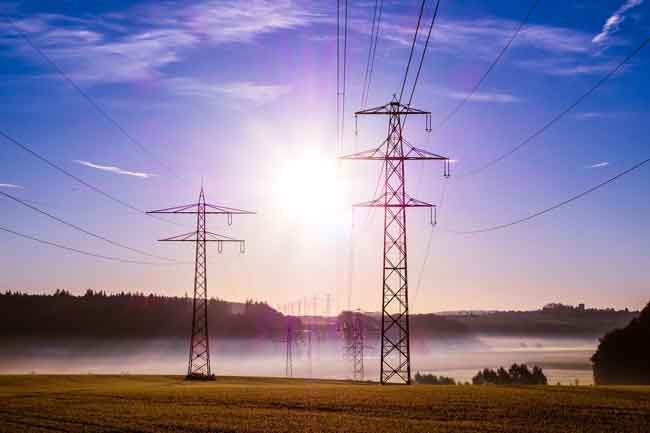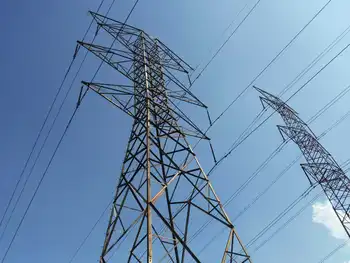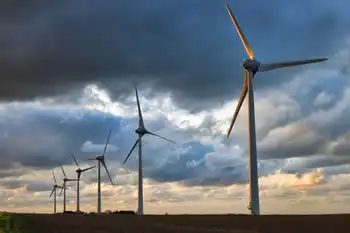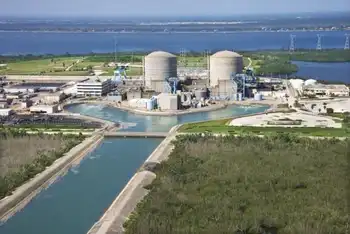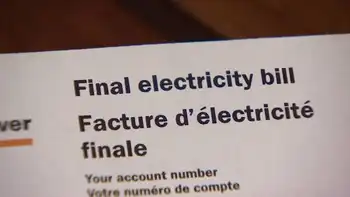Pipeline boss questions rush for renewables
By Toronto Star
Substation Relay Protection Training
Our customized live online or in‑person group training can be delivered to your staff at your location.

- Live Online
- 12 hours Instructor-led
- Group Training Available
Ebel has an interest in the issue. As chief executive of Houston-based Spectra Energy, which owns Union Gas, he's in the natural gas pipeline business.
But Ebel says the development of shale gas deposits has so vastly increased reserves of relatively clean energy in North America that there's time to take a more measured approach to renewables.
He is lobbying anyone who will listen, most recently a session of the Economic Club of Canada.
He has also carried his message to politicians in Ottawa and Toronto: "I probably see the premier once or twice a year. He's very open on energy issues."
In an interview, Ebel argued that the development of shale gas deposits in northeastern North America has changed the energy picture.
Shale gas is trapped in rock up to 10,000 feet deep. Energy companies have now developed techniques to shatter the rock deep underground, releasing the gas which is then piped to the surface.
Ebel figures that today's shale reserves give North America a 100-year supply of gas. That's a reservoir than should allow North America to dramatically lessen its burning of coal and oil, he says.
He also argues that the massive supply will also keep prices far more stable than over the past decades.
"I literally believe that the technology changes around shale may be as dramatic as going from the horse and buggy to the car," Ebel said.
Coal-burning electric plants in the U.S. can be rapidly converted to gas, he said. And he thinks commercial vehicle fleets could be converted to natural gas on a huge scale.
But he also maintains Ontario should significantly boost its natural gas electricity generation capacity – and take a much slower approach to developing high-priced renewable sources such as solar and wind-powered generation.
Ontario is signing big contracts with wind and solar-powered generators, at high prices. Consumers currently pay about 6 cents a kilowatt hour for the energy portion of their electric bill. Wind generators will get 13.5 cents, and solar generators from 44 to 80 cents.
Ramping up natural gas-fired generation would produce power relatively cleanly, and at far less cost, Ebel argues.
"I think the gift of natural gas is giving us time to make the transition, so you don't kill the economy," he said.
Ontario's Green Energy Act, introduced by former energy minister George Smitherman, is likely to have too drastic an effect, he said.
"I don't think he fully recognized the massive benefits of natural gas, or of having a balanced approach to energy."






